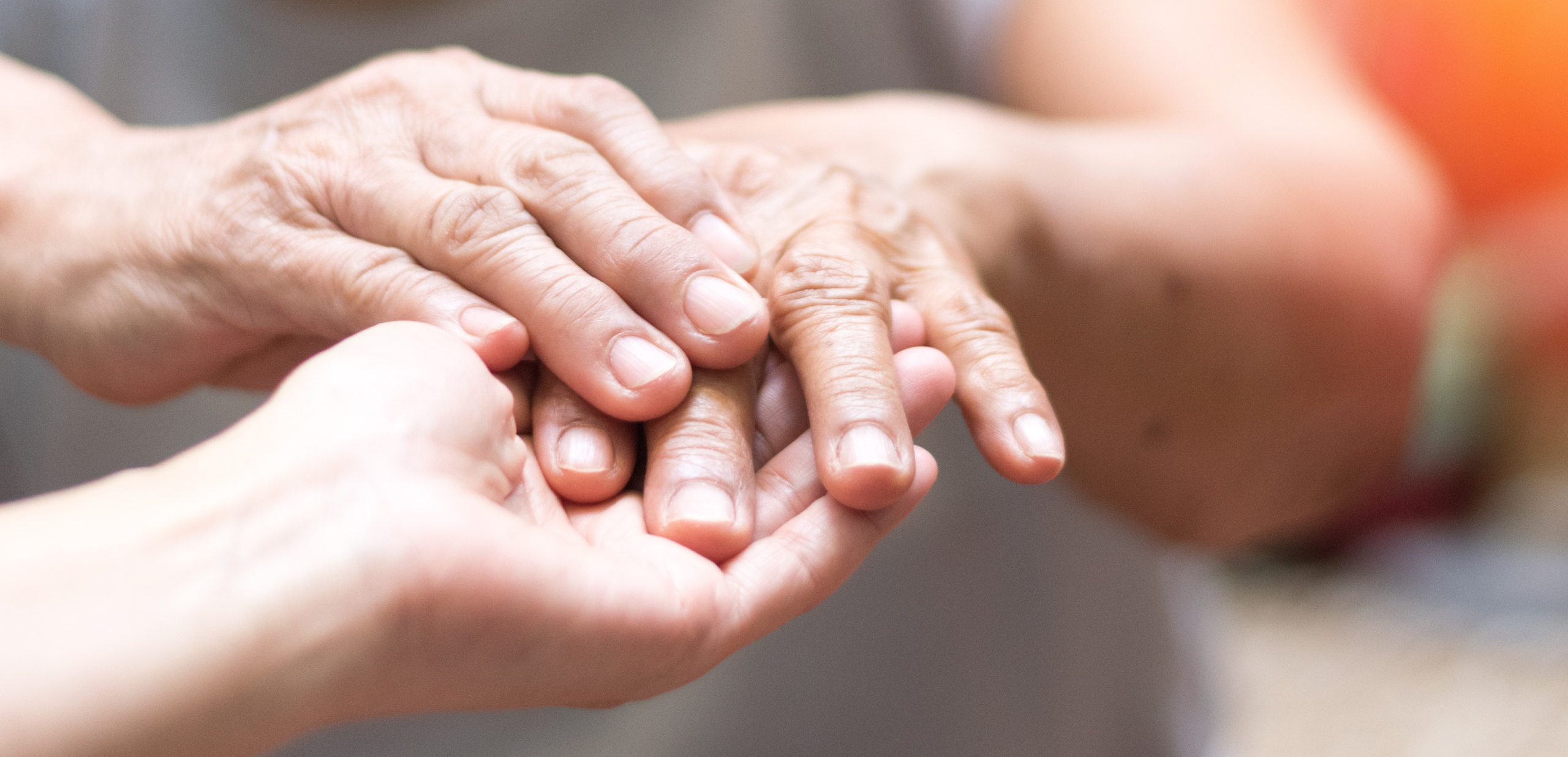Treatment and Management:
Whilst there is currently no cure for Parkinson’s, several treatment options are available to manage symptoms and improve quality of life. These may usually include medications, speech therapy, and physical therapy. Lifestyle modifications with regular exercise and a balanced diet are advised, and getting adequate rest will also play a crucial role in managing symptoms and slowing the disease progression.
There is some evidence that orthosis can help with Parkinson’s symptoms and gait deviations. Patients can present with rheumatoid like deformities to their fingers and toes, so hand and wrist supports, and appropriate lightweight, roomy footwear can really enhance a sufferers standard of living.
Although Parkinsons is a motor disease, there are links to peripheral nerve disturbances (how the nerves perceive sensation) which can further affect balance and walking ability. It has been reported that sufferers often experience proprioceptive (spatial awareness and sensory feedback) deficits such as loss of limb positioning, altered touch, and loss of ankle reflexes.
Ankle Foot Orthosis and ankle splinting, when in combination with lightweight, cushioned footwear can result in improvements to the loss of position and balance issues reported, and will improve mechanical alignment, posture, and help reduce risk for falling.


